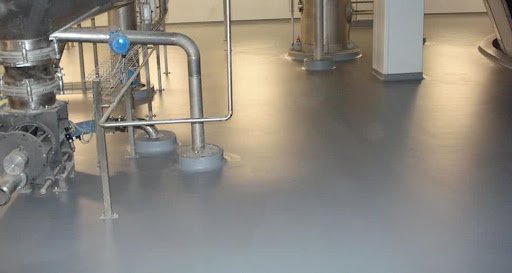Best Injection Technology Services in Bangladesh
Injection technology is a method of producing plastic products by injecting molten plastic into a mold to create a specific shape. It is widely used in the manufacturing of various consumer goods, such as toys, household items, and electronic components. Injection molding is a highly efficient and cost-effective method of production, which is why it […]
Best Injection Technology Services in Bangladesh Read More »





